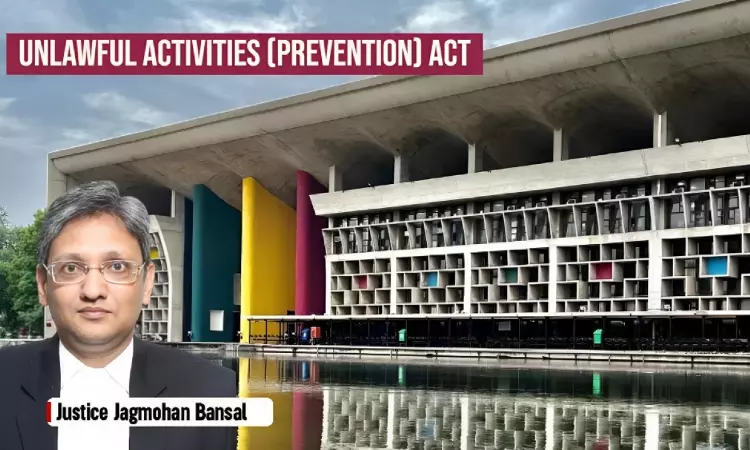Principle Of Res Judicata Bars Second Reference To Labor Court, After Adjudication: Punjab & Haryana High Court
Pranav Kumar
7 Nov 2024 4:30 PM IST

Next Story
7 Nov 2024 4:30 PM IST
Punjab and Haryana High Court: A Single Judge Bench of Justice Jagmohan Bansal dismissed multiple writ petitions challenging the Labor Court's award, affirming that payment of differential wages under the Minimum Wages Act does not create a fresh cause of action to override the principle of res judicata in labor disputes. The case involved contract workers seeking regularization...
